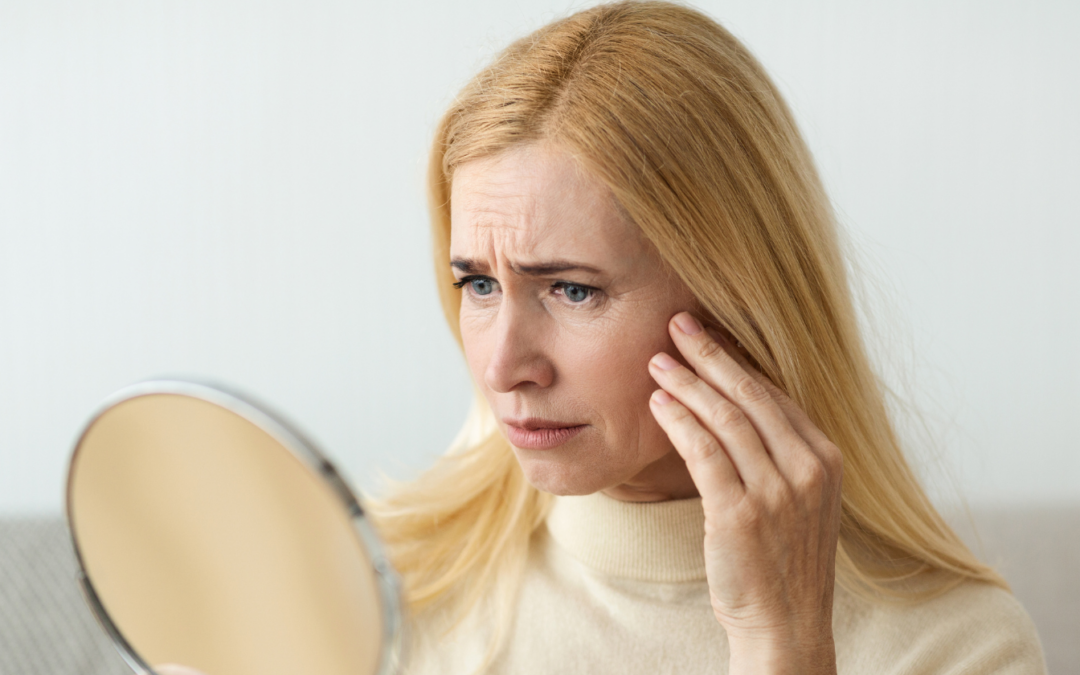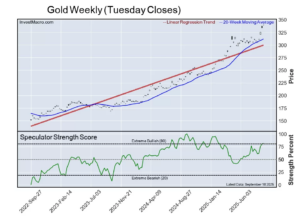If you’ve noticed someone age more rapidly than their peers, you might be curious why. It’s not always a matter of genetics or lifestyle choices.
People who tend to age poorly often display certain subtle behaviors, as per psychology. These behaviors may not be obvious, but they can have a significant impact on how one ages.
Aging poorly isn’t simply a result of bad luck or lack of effort. It’s often associated with psychological factors and habitual behaviors.
Understanding these behaviors can help us make changes to age better. The purpose of this article is to highlight these eight subtle behaviors that can lead to poor aging, according to psychological studies.
Remember, it’s never too late to make changes and improve how we age.
1) Neglecting physical activity
Those who tend to age poorly often have a common habit: neglecting physical activity. It’s not about hitting the gym every single day or running a marathon. It’s about consistent, moderate exercise.
Regular physical activity has countless benefits and is essential for maintaining good health. But those who age poorly often overlook this important aspect of life.
This neglect might not be intentional. Work, family, and other commitments can make it hard to find the time for a regular workout routine. Yet, no matter how busy we are, it’s crucial to prioritize physical health.
Neglecting physical activity can lead to numerous health problems over time, and these issues can accelerate the aging process. This is why it’s one of the subtle behaviors that can contribute to aging poorly.
It’s never too late to start being active. Even small changes can make a big difference in how we age. Remember, our bodies are designed to move, and doing so regularly is one of the best ways to promote healthy aging.
2) Overemphasis on anti-aging products
Interestingly, those who tend to age poorly often display an over-reliance on anti-aging products. It seems counterproductive, right? The more we try to fight aging, the better we should age. But that’s not always the case.
The issue here isn’t using anti-aging products per se. Many of these products can be beneficial when used appropriately. The problem arises when there’s an overemphasis on these products to the point of dependency, while neglecting other vital aspects of healthy aging.
Continual usage of these products might lead one to believe they’re doing enough to combat aging, causing them to ignore other important factors like nutrition, exercise, and mental health. This skewed focus can inadvertently contribute to a poorer aging process.
Relying solely on external solutions for aging fails to address the underlying behaviors that contribute to the aging process. It’s important to note that while these products can help to some extent, true healthy aging comes from a combination of balanced lifestyle choices.
3) Holding onto grudges
Holding onto grudges is another subtle behavior that can contribute to poor aging. It’s not just about the emotional burden; resentment can have tangible effects on our physical health.
When we hold onto grudges, we’re effectively in a state of chronic anger and stress. Over time, this can lead to increased blood pressure, heart disease, and a weakened immune system—all of which can accelerate the aging process.
Moreover, living with resentment can rob us of happiness and peace of mind. It prevents us from enjoying the present because we’re too busy dwelling on past wrongs.
Learning to let go of grudges doesn’t mean forgetting or condoning what happened. It’s about freeing ourselves from the burden of resentment and making space for more positive emotions in our lives. This not only improves our mental well-being but can also contribute to healthier aging.
It’s easy to underestimate the importance of social connections in our lives, especially in our fast-paced, technology-driven world. However, neglecting these connections can inadvertently contribute to aging poorly.
We’re inherently social creatures. We thrive on interaction, companionship, and community. When we isolate ourselves or let important relationships fade, it can affect us more than we realize.
Loneliness and social isolation can lead to feelings of sadness and stress, which over time can take a toll on both our mental and physical health. This can make us age faster than we would if we maintained strong, healthy relationships.
If you’ve found yourself drifting away from friends or family, remember it’s never too late to reach out. A simple phone call, a kind letter, or a shared cup of coffee can reignite those bonds.
Maintaining strong social connections not only enriches our lives but can also help us age more gracefully. It’s okay to need others – in fact, it’s part of being human. So let’s embrace our social nature and keep those connections alive.
5) Skipping meals
We’ve all been there: work deadlines piling up, errands to run, kids’ schedules to juggle. When life gets hectic, it’s easy to simply skip meals to save time. However, this seemingly harmless habit can contribute to aging poorly.
Regularly skipping meals can lead to a drop in essential nutrients that our body needs for its regular functions. Over time, this can result in slower metabolism, low energy levels, and even premature aging.
The old saying “You are what you eat” holds true in this context. Our bodies need a balanced diet to function optimally and keep us looking and feeling our best.
So even if you’re in a rush, try not to skip meals. Instead, prepare some healthy snacks in advance or set reminders to take breaks and eat. Nourishing your body can help slow down the aging process and keep you feeling energized throughout the day.
6) Overworking
Here’s a behavior that’s all too common in today’s fast-paced society: overworking. We might think working longer hours will get us ahead, but it can actually contribute to aging poorly.
Let’s consider a friend of mine. She was always the first one in the office and the last one to leave. Her dedication was admirable, but it came at a cost. Over time, she started looking and feeling worn out. The constant stress and lack of rest were taking a toll on her health and appearance.
Overworking can lead to chronic stress, sleep deprivation, and little time for self-care – all factors that can accelerate the aging process. It’s important to remember that while our careers are important, they shouldn’t come at the expense of our health.
Balancing work and relaxation is key. It’s essential to take time for rest and activities we enjoy to counter the stresses of work. After all, we’re not machines – we need downtime to recharge and rejuvenate.
7) Ignoring medical advice
Ignoring medical advice is a behavior that, quite frankly, can have serious repercussions on how well we age. If your doctor tells you to cut down on sugar, there’s a reason for it. If they recommend regular check-ups, it’s not just a suggestion.
Regularly ignoring medical advice can lead to unchecked health issues that could have been prevented or managed effectively if addressed early. This can result in more severe health problems down the line, which can accelerate the aging process.
Health isn’t something to gamble with, and while it may be inconvenient or uncomfortable to follow certain medical advice, it’s essential for our well-being.
So next time your doctor gives you advice or a prescription, take it seriously. It’s not about restricting your life, but about enhancing it and ensuring you age as healthily as possible.
8) Not taking time for self-care
The last behavior, and possibly the most crucial to remember, is neglecting self-care. We often prioritize everything else above our own well-being. However, not taking time for self-care can lead to burnout, stress, and ultimately, poor aging.
Self-care isn’t just a trendy buzzword. It’s about taking care of your physical, emotional, and mental health. It can be as simple as taking a relaxing bath, reading a book, or going for a walk in nature.
Remember, you can’t pour from an empty cup. Taking care of yourself isn’t selfish – it’s necessary. When you’re healthy and at peace, you’re better able to handle life’s challenges and take care of others.
So make self-care a priority. Your future self will thank you for it, and it can significantly contribute to healthier aging. Always remember: You matter, and your well-being is essential.
Conclusion
Aging is an inevitable part of life, but how we age largely depends on the choices we make and the behaviors we adopt.
This article is here to highlight the subtle behaviors that can lead to poor aging, but ultimately, the choice to make changes is in your hands.
Remember that time spent taking care of your health and well-being is never wasted.
Being truly wise means recognizing the importance of our health and not letting external factors dictate our habits and behaviors.
Here’s to embracing healthier habits, aging gracefully, and living a more fulfilled, happier life!









